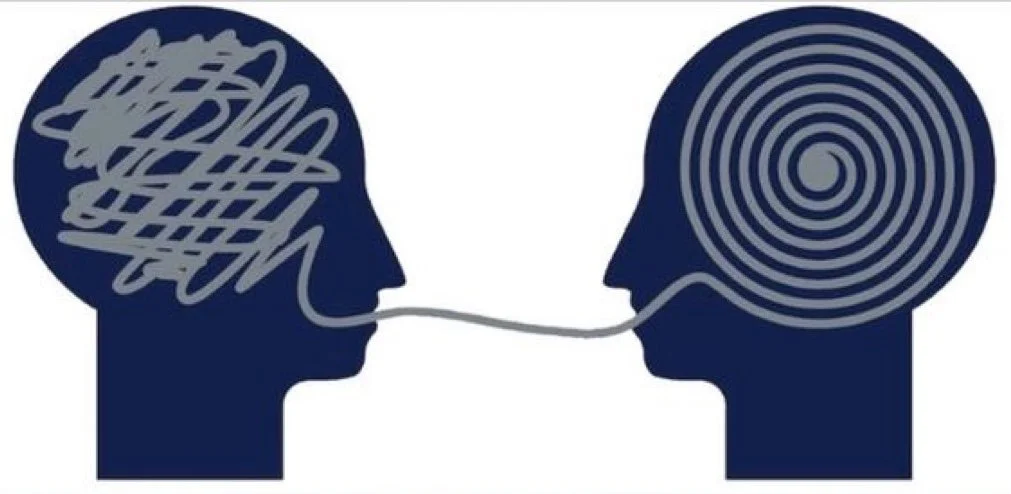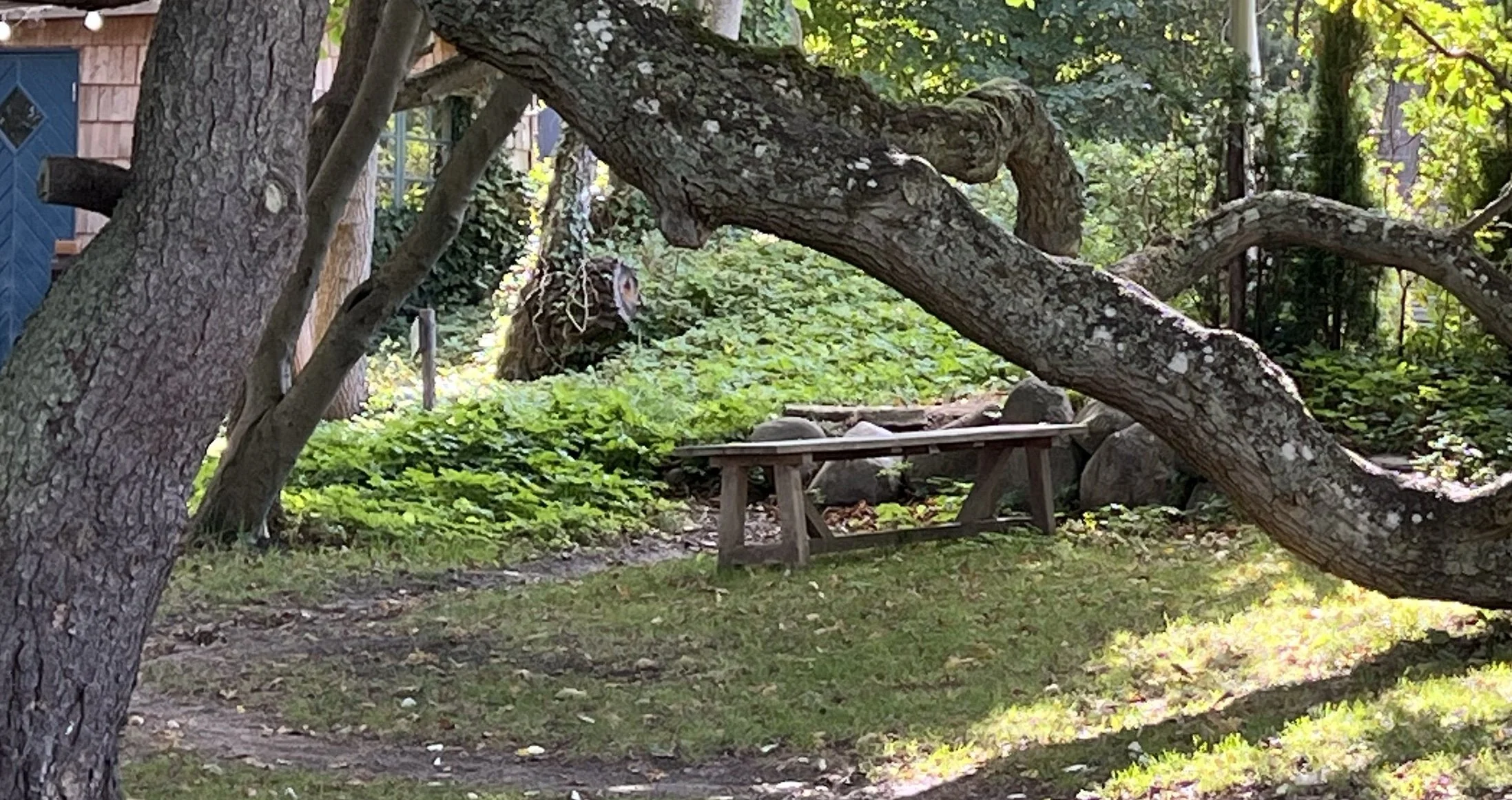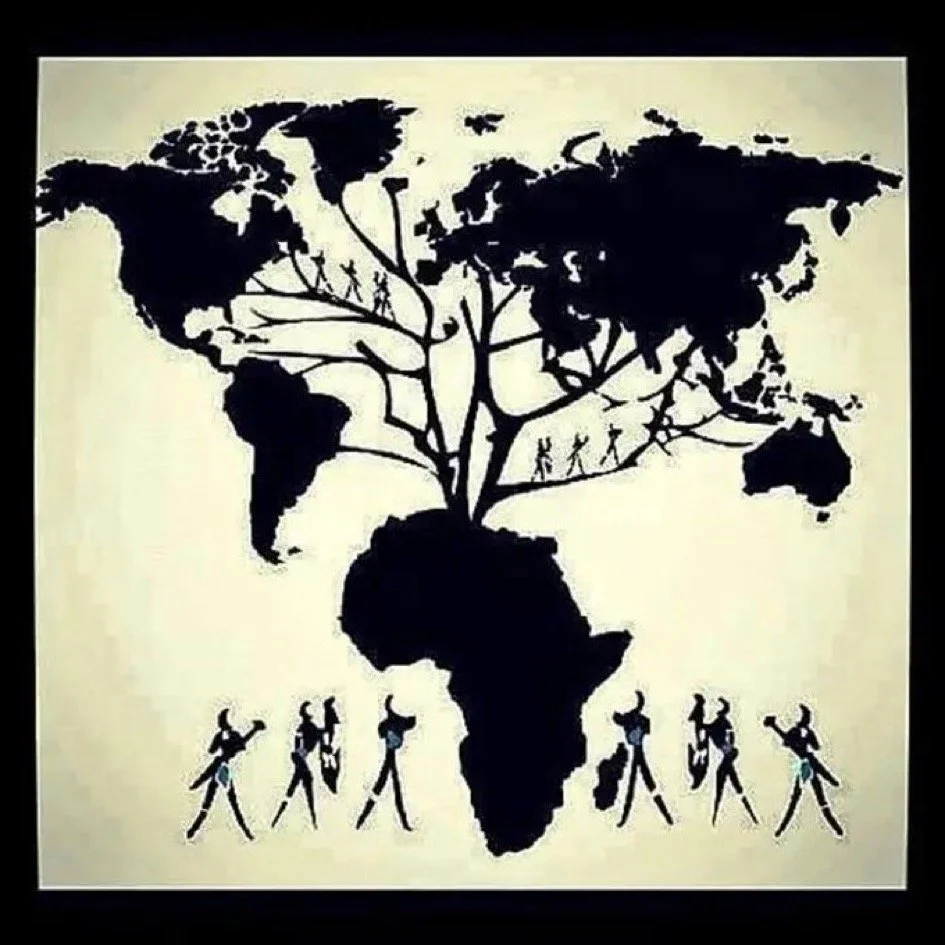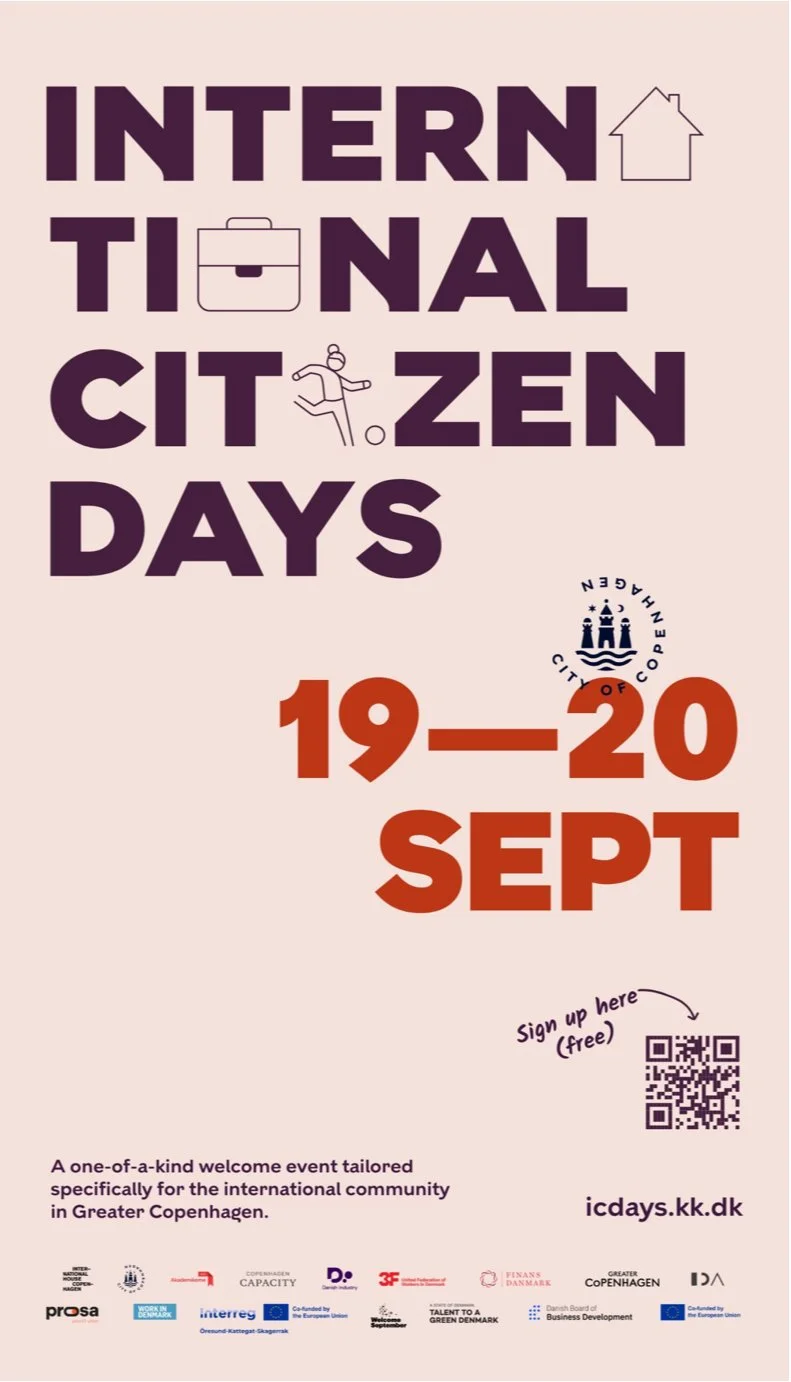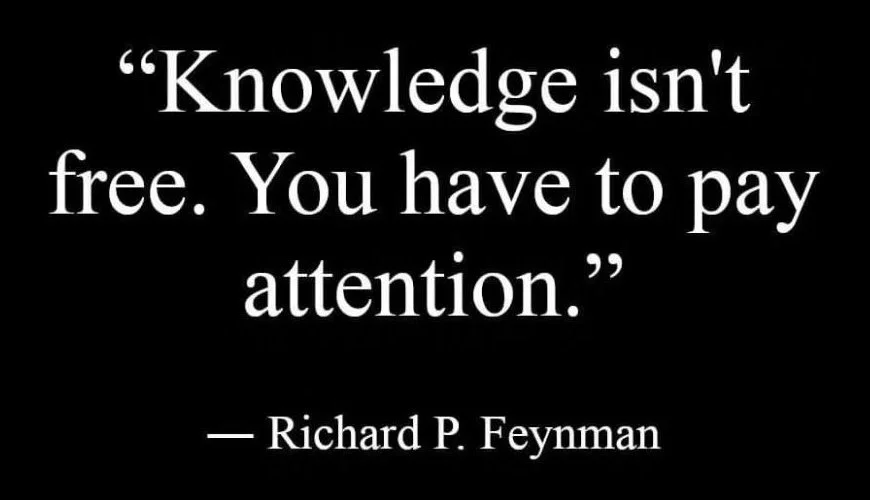I think a healthy mind leads to a healthy body, because the connection between movement and mindfulness points to a deeper truth. When I quiet the noise and focus on the present, I create space for balance and well-being. That harmony isn’t just physical, it’s also emotional, mental, and spiritual.
Authentic communication
I am not a trained writer, but I have realised something: when you write the way you talk, writing isn’t that hard. The big change for me was when I realised that by getting better at talking it made me better at thinking. Now I aim to speak the way I would like to write, and because I talk like I want to write, I have started to think with more clarity too.
As a leader, this connects to another lesson: when you try to see the fear behind someone’s actions, and focus on what they mean rather than just what they say, you build real understanding. That not only improves communication with others, it also sharpens how you understand yourself. Authentic communication starts with clarity of thought, and clarity of thought grows from the way we choose to speak.
Mind over matter
The best way to open minds is not to shame someone or even argue with them, it’s by listening to them. Psychologists have found that when people feel genuinely understood, they become less defensive and more reflective. I think the beginning of a productive disagreement is curiosity, not persuasion.
Over analysing
What does DEI mean to me?
It means that no matter your race, religion, gender identity or expression, ability, age, background, or orientation, you should have the opportunity to contribute fully to society. The challenge is that while many organizations say hiring and promotion are based on merit and skills, biases often creep in. And when that happens, decisions fall back on “people like us.” That’s why I think DEI isn’t just a value, it’s the ongoing work of breaking those patterns and opening doors for everyone.
Can I trust you
As humans, we are hardwired to sense when someone isn’t being genuine. It’s a survival instinct which has been built over millennia of needing to know instantly: Can I trust this person? Do they truly have my back?
That instinct doesn’t disappear in the workplace. When a leader says something that doesn’t match their actions, people feel it right away. The result? Distrust, not just in the leader, but in the organization they represent. Authenticity isn’t a “nice to have” in leadership, it’s the foundation of trust. And I think without trust, there’s no influence, no loyalty, and no lasting impact.
Accept the suffering
If you are working in DEI, there are a few core skills that really matter:
· Change management
· A global perspective on diversity and inclusion
· Business acumen
· Building strong external relationships
· Integrity
· Visionary, strategic leadership
· And a solid grounding in HR
I think these are the areas that make the difference between good intentions and real impact.
Totally sensible
As we grow older, it’s natural to become more conservative in our choices and there is a really good reason for it. Younger people, with less experience to draw on, often learn best through experimentation. For leaders, this can be maddening to watch, especially if you’re guiding teenagers at home or early-career professionals at work. It’s part of the growth process as trial and error builds the wisdom they don’t yet have.
With age, leaders accumulate experience to guide decision-making, and at the same time, we have less time ahead to reap the rewards of risky experiments. The result? A natural pull toward caution. I think great leadership lies in recognising this tension: protecting against reckless risk while still creating space for others to explore, learn, and grow.
An attractive quality
Confidence is shaped by experience, especially by how you choose to respond to it. Do you run from challenges, or do you face them? Do you avoid responsibility, or do you step into it? Each time you make a promise and keep it, your confidence grows. Each time you push through fear, your confidence grows. I think confidence is built brick by brick through actions, not words. And a person with genuine confidence carries an aura of peace, and they don’t need to chase; they just attract.
Grounded presence
My calm energy speaks before I do. I don’t need to prove my worth, chase attention, or be unsettled by rejection. For me, it’s about showing up consistently, even when it isn’t exciting. It’s about thinking long-term and refusing to be shaken by every passing storm. That’s why I choose peace over drama and distance myself from people trapped in cycles of chaos or addiction.
Inclusion isn’t an event
Denmark is facing a significant challenge in retaining internationals with Copenhagen Capacity’s recent Export Survey 2025, highlighted that 50% of internationals leave within 5 years.
Dansk Erhverv states that internationals contribute over 361 billion DKK to the Danish economy with over 330,000 internationals in full-time employment based on Q1 and Q2 2025 figures. The big question is why is workplace inclusion so hard to implement?
Mirroring others
If you grew up in a smaller town, I don’t think that you would have had the same level of stimulus as people in London or other big cities. One of the quiet revolutions of the past 20–30 years is how digital technology has closed that gap, giving everyone access to the same information, opportunities, and inspiration, no matter where they live. Now how are you going to use this new knowledge?
Life learnings
I have learned to pause before reacting.
I have learned to choose patience over anger.
I have learned to control my tongue, not by dominating the conversation or trying to prove that I am right, but by truly listening.
What have you learned?
““Prejudice is an emotional commitment to ignorance.””
A proverb with meaning
““Give a man a fish and you feed him for a day. Teach him how to fish and you feed him for a lifetime.””
The underpinning philosophy is still enlightening to this day, even though this proverb is from thousands of years ago. In today’s context, truly empowering communities means working with local partners at the forefront and supporting their needs. Often, it requires you to resist the urge to present yourself as the agent of change, taking a step back and sitting in the background. I think real impact comes from enabling others to lead.
International Citizen Days
The Copenhagen Municipality are doing their best to integrate international. You can find BPoC on Stand D32 today and tomorrow.
White is also a colour
At the Brotherhood for Professionals of Color (BPoC), we know that being ‘of colour’ is not limited to being Black. Our community reflects many shades of brown and beyond. While society often simplifies identity into boxes, we stand for a richer truth: diversity includes a spectrum. AI think white is a colour too. What matters most is not the shade of our skin, but the shared commitment to equity, respect, and belonging.
The CEO of Black Rise
Research shows that there are 60.000 thoughts going through your brain everyday. Let me know what you think about Flavilla’s network - Black Rise.
The curse of knowledge
As leaders, we often forget what it was like to begin. The uncertainty, the fear of making mistakes, and the challenge of navigating unfamiliar ground. This is the “curse of knowledge”: once we have mastered something, it feels so obvious that we assume others must see it the same way. We underestimate how valuable our experience, insights, and guidance actually are. The danger is that we stop teaching, mentoring, or coaching because we believe what we know is “too obvious” to be worth sharing.
We have to remember that what feels simple to us may be transformative for someone else. I think great leadership means remembering the beginner’s perspective and having the humility to meet people where they are.
Sharing my thoughts
I want to spend my time doing work that matters for people who care, and I ask these questions on a daily basis:
- Who am I here to serve?
- What change do I seek to make?
In the knowledge that the right clients come when I do meaningful work for the right ones. Contact me via email if you would like to book a complimentary 30 minute session.
““Everything I lose creates space for everything I need.” ”
Develop your skills
Investing in coaching is one of the best investments you can make if you are a leader, manager, or aspire to become one. How much time do you spend coaching your direct reports?
Here are 10 essential coaching skills to develop:
1. Empathy – Put yourself in their shoes.
2. Self-management – The ability to regulate your own emotions and behaviour.
3. Building trust – The foundation of all relationships.
4. Observational skills – Accurately reading situations and people.
5. Planning – Increasing the likelihood of reaching goals.
6. Active listening – A core skill for effective coaching.
7. Communication skills – Explaining clearly and holding others accountable.
8. Encouragement and praise – Reinforcing effort and growth.
9. Honest, useful feedback – Delivered constructively to drive improvement.
10. Analytical and problem-solving skills – Supporting others to find solutions.
Forthcoming podcast
Are you taking responsibility for your life?
What is perfect about this?
How do I want to feel?
What is funny about this?
What can I give?
What can I learn from this?
What’s the solution to this problem?
What is the good news?
Watch out for UPWARD Conversation.








